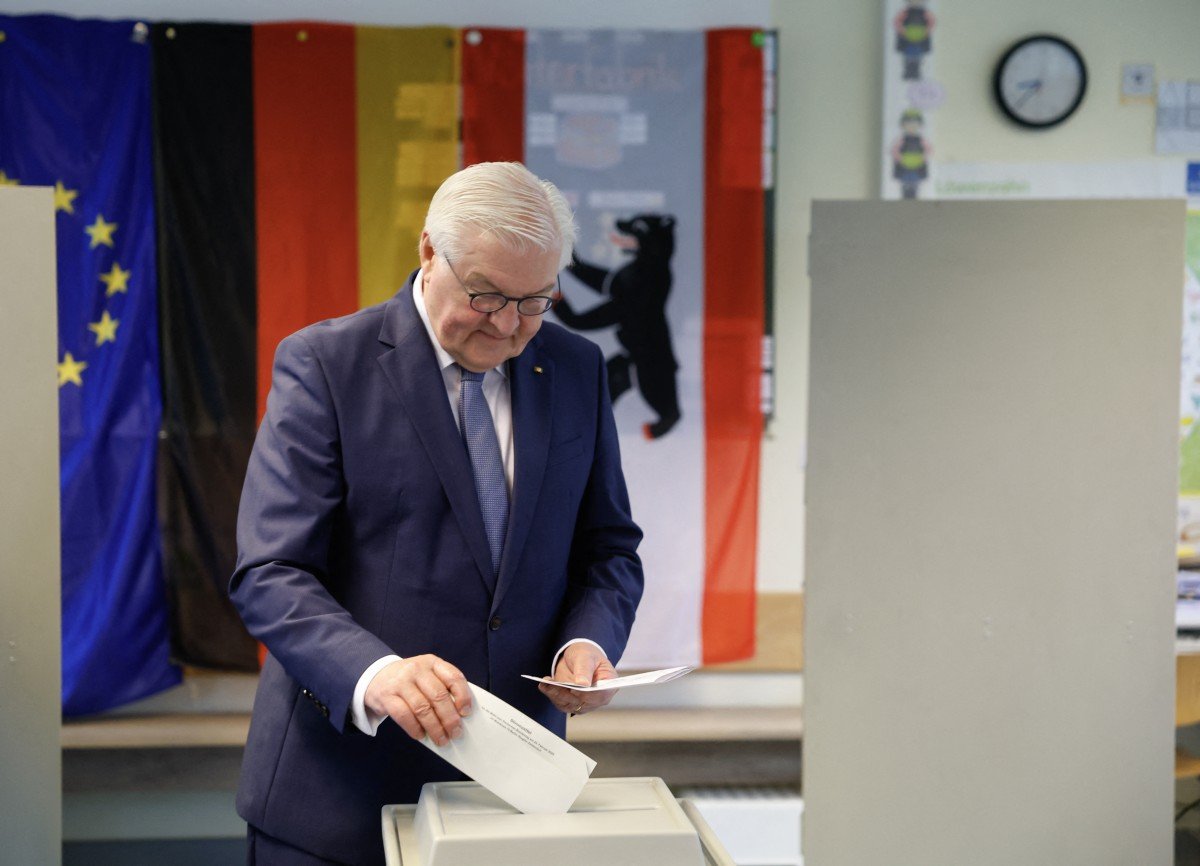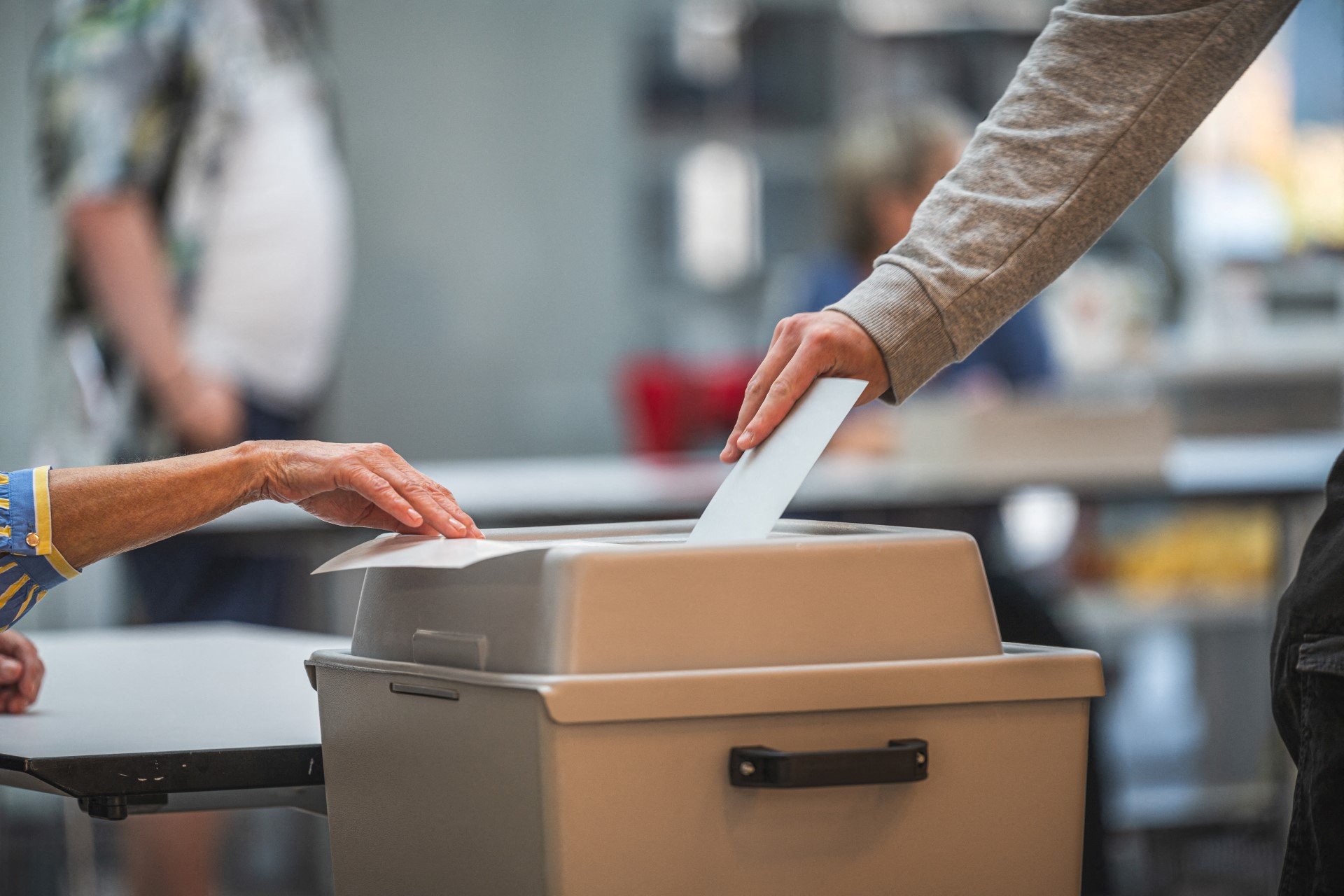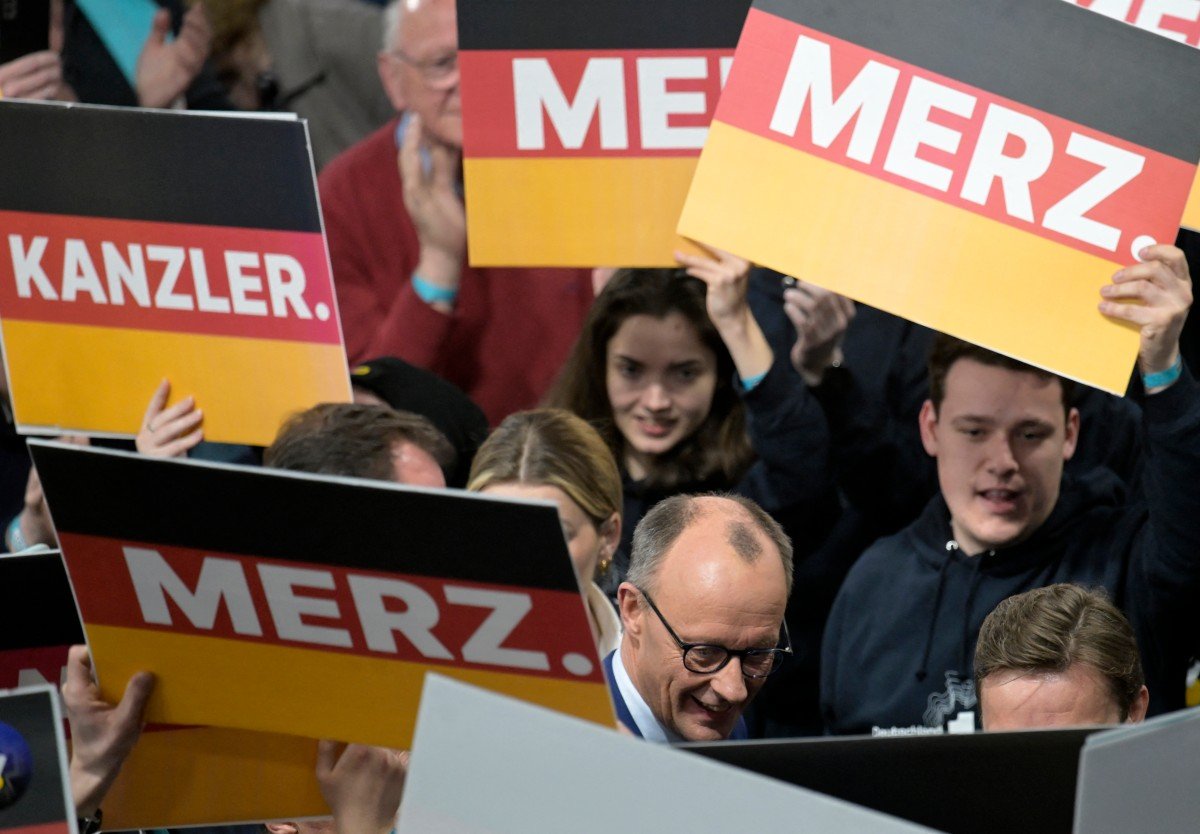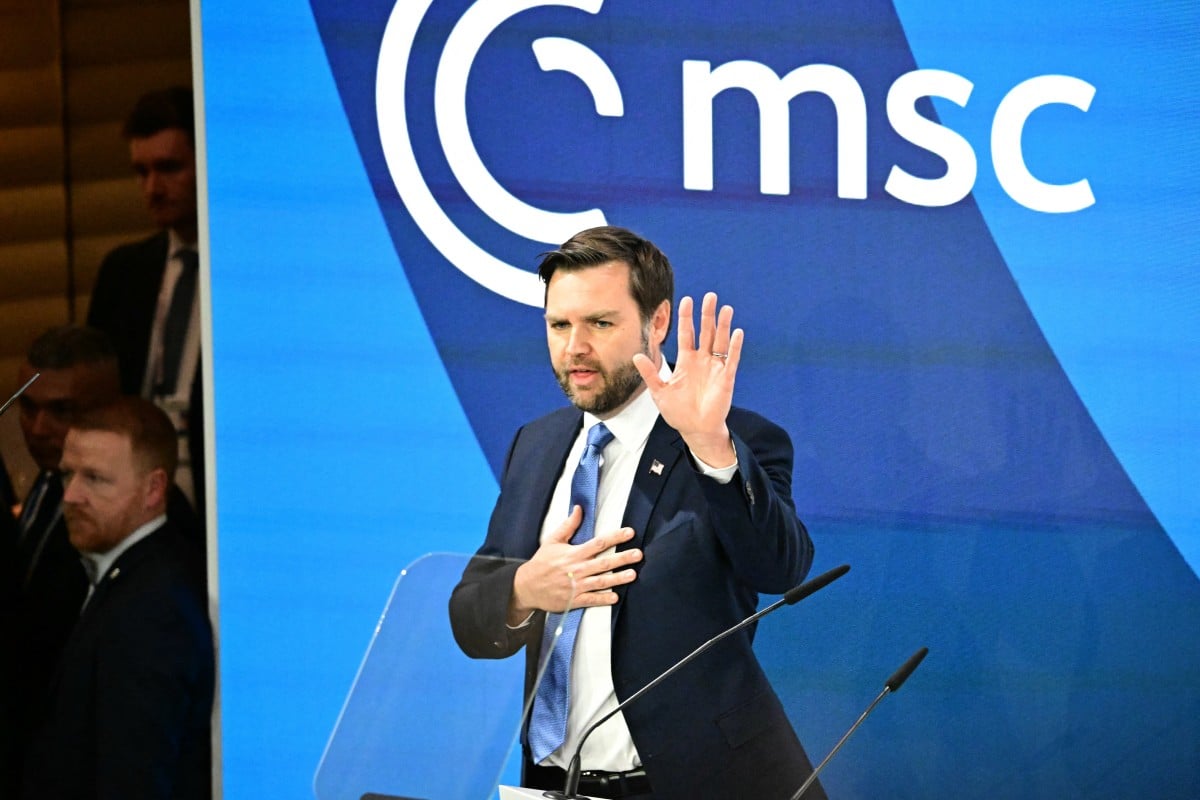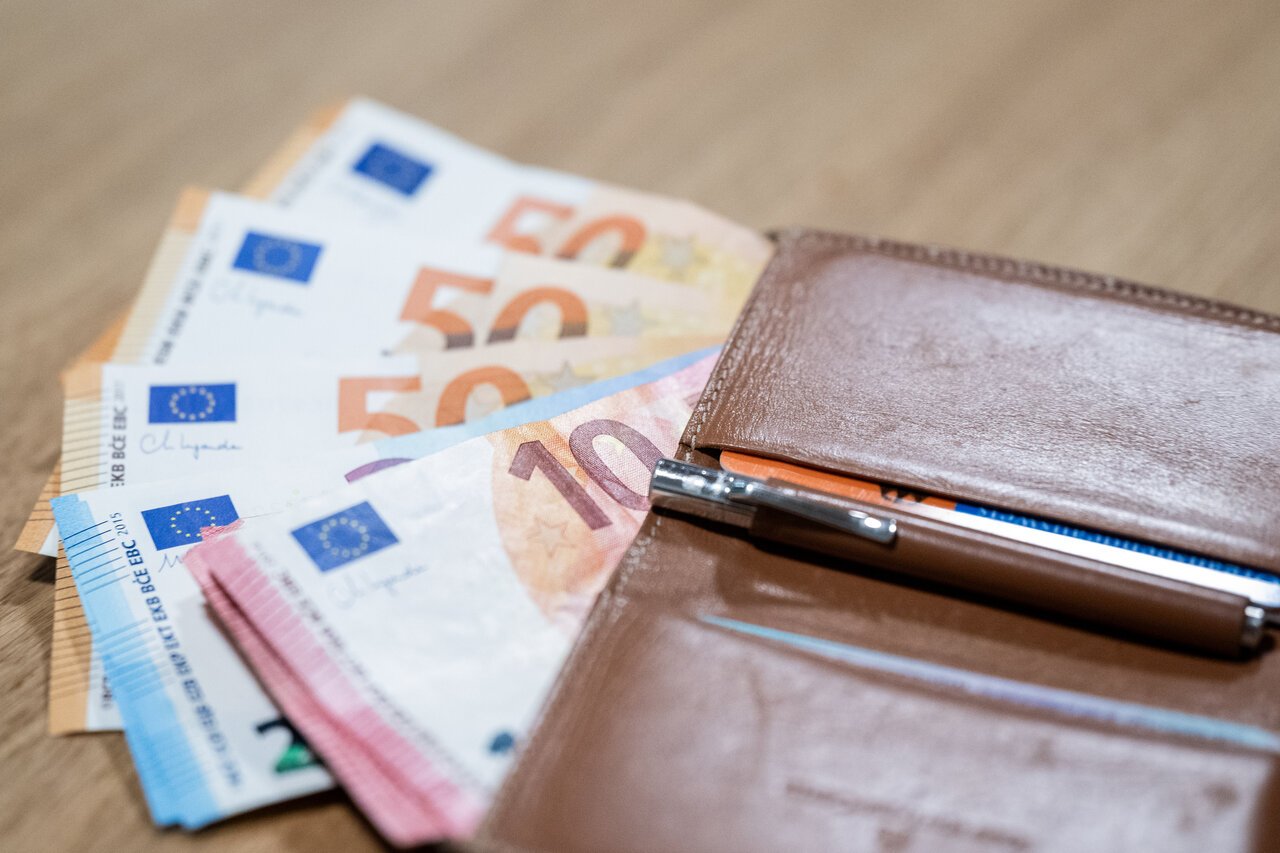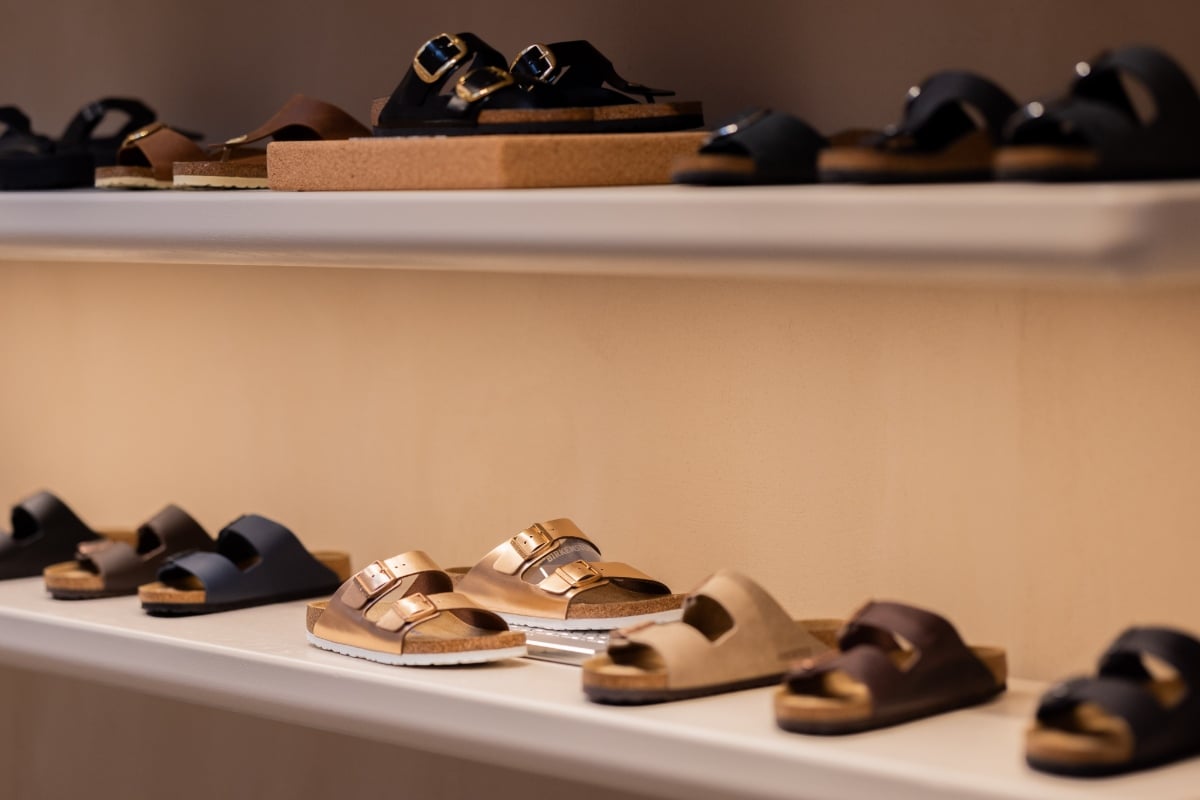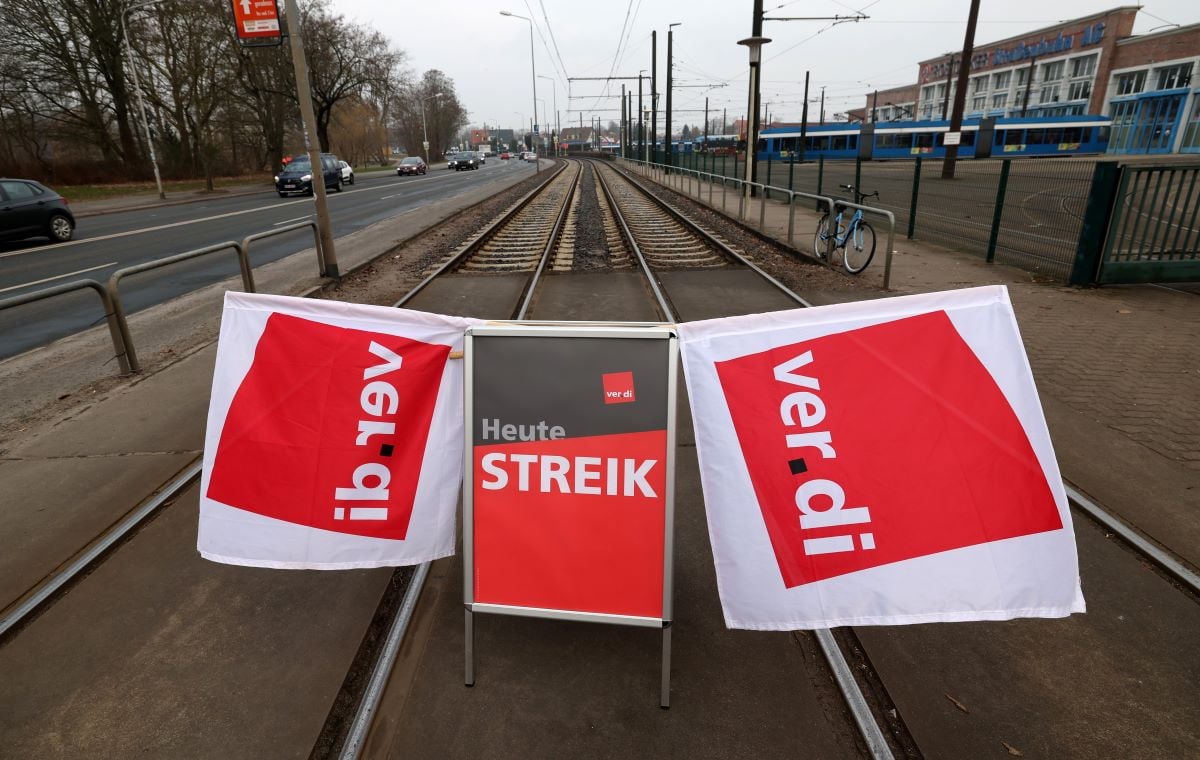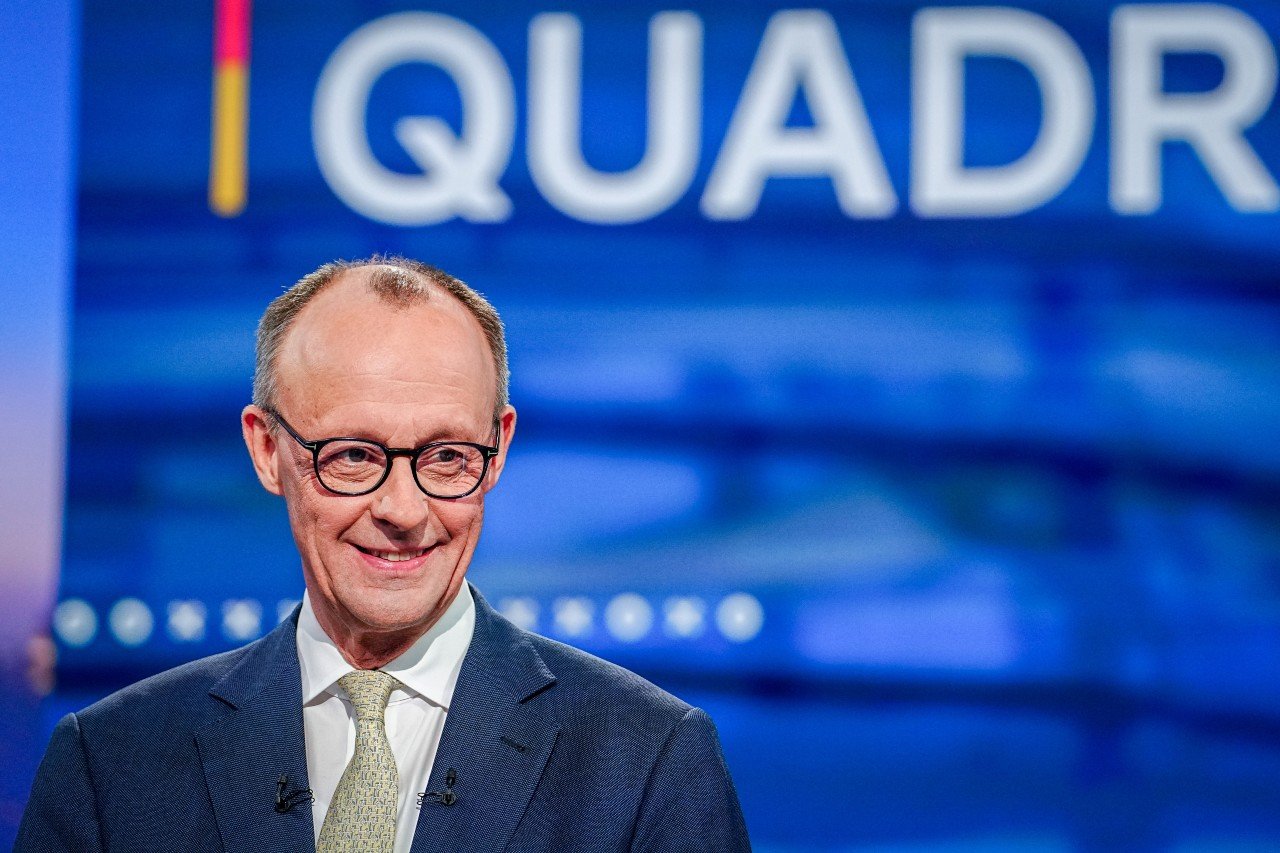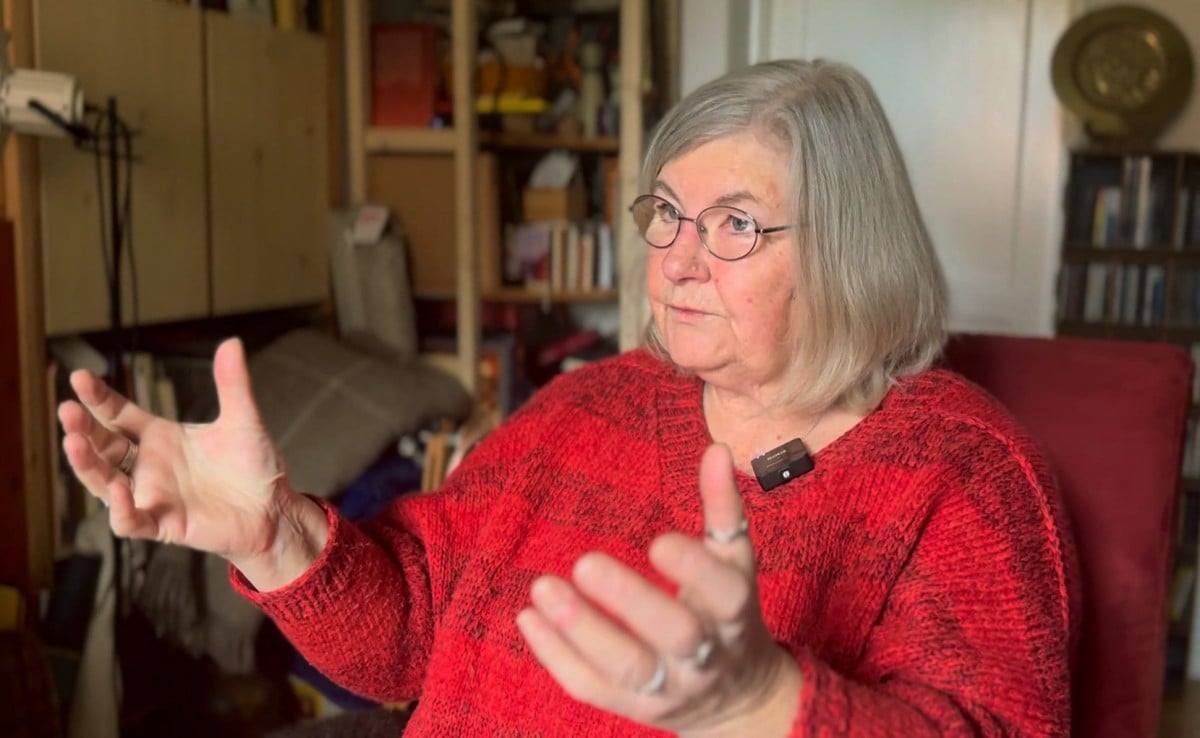What will happen on the day, who can vote and what happens next? We round up all the key points to get you prepared for the snap election in Germany.
Hospital manager Kathrin Leffler says she worries Germany’s tense pre-election debate on immigration will make it harder to recruit enough skilled workers from abroad to fill a growing labour shortage.
Public transport strikes across parts of Germany, spring-like temperatures expected after freeze, pre-election CSD march cancelled in Düsseldorf due to hate threat and more news from Germany this Friday.
Germany’s online hate speech watchdog rejected Wednesday a suggestion by JD Vance that its efforts to police crimes on the internet were “Orwellian”, the latest broadside from the US vice president.
There’s plenty to see and do around Nuremberg if you know where to look. Here are six destinations within easy reach by train so you can also make the most out of your Deutschlandticket.
From radical tax cuts to generous state benefits, every political party in Germany is promising a more affluent future. We delve into their manifestos to find out what their pledges really mean for voters and their wallets.
They may be the trendy footwear of choice for Hollywood A-listers and pop stars, but Birkenstock sandals are not works of art, Germany’s top court ruled Thursday.
Public transport strikes are set to take place in six German states on Friday, including North Rhine-Westphalia and Hesse. Here’s where passengers will be affected, and how to get around during the transportation shutdown.
Germany’s centre-right conservatives look set to sweep to victory in this Sunday’s federal election. What can foreigners expect from Friedrich Merz’s party in government – and how could potential coalition partners alter their plans?
Watching Germany’s election campaign, pensioner Renate Krause finds it hard to stomach how some politicians speak about financially struggling people like her, an approach she calls “bashing the poor”.



